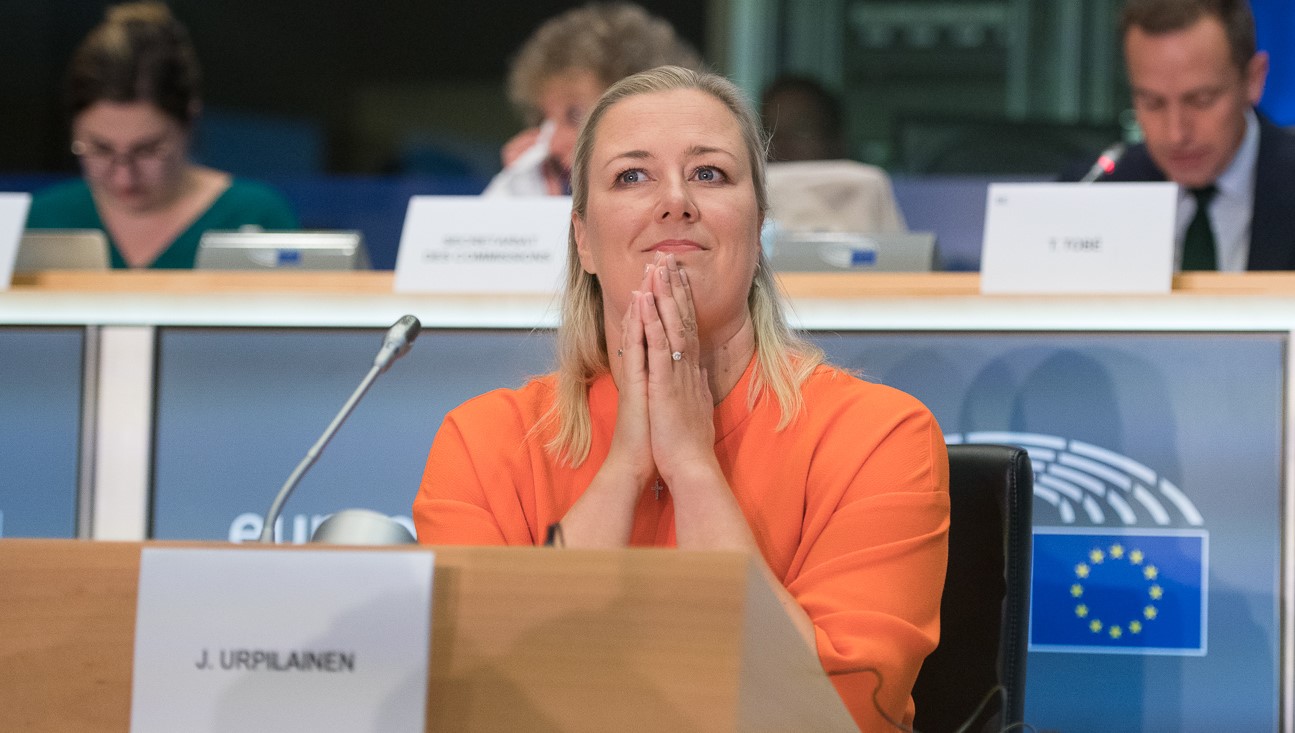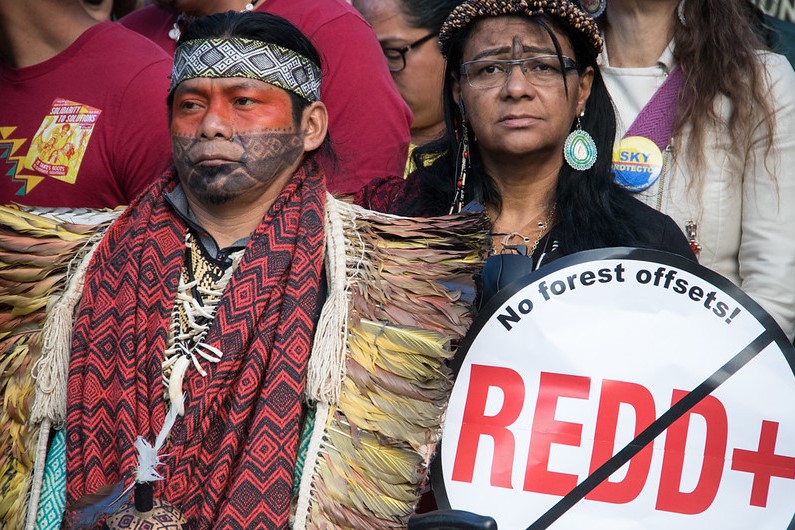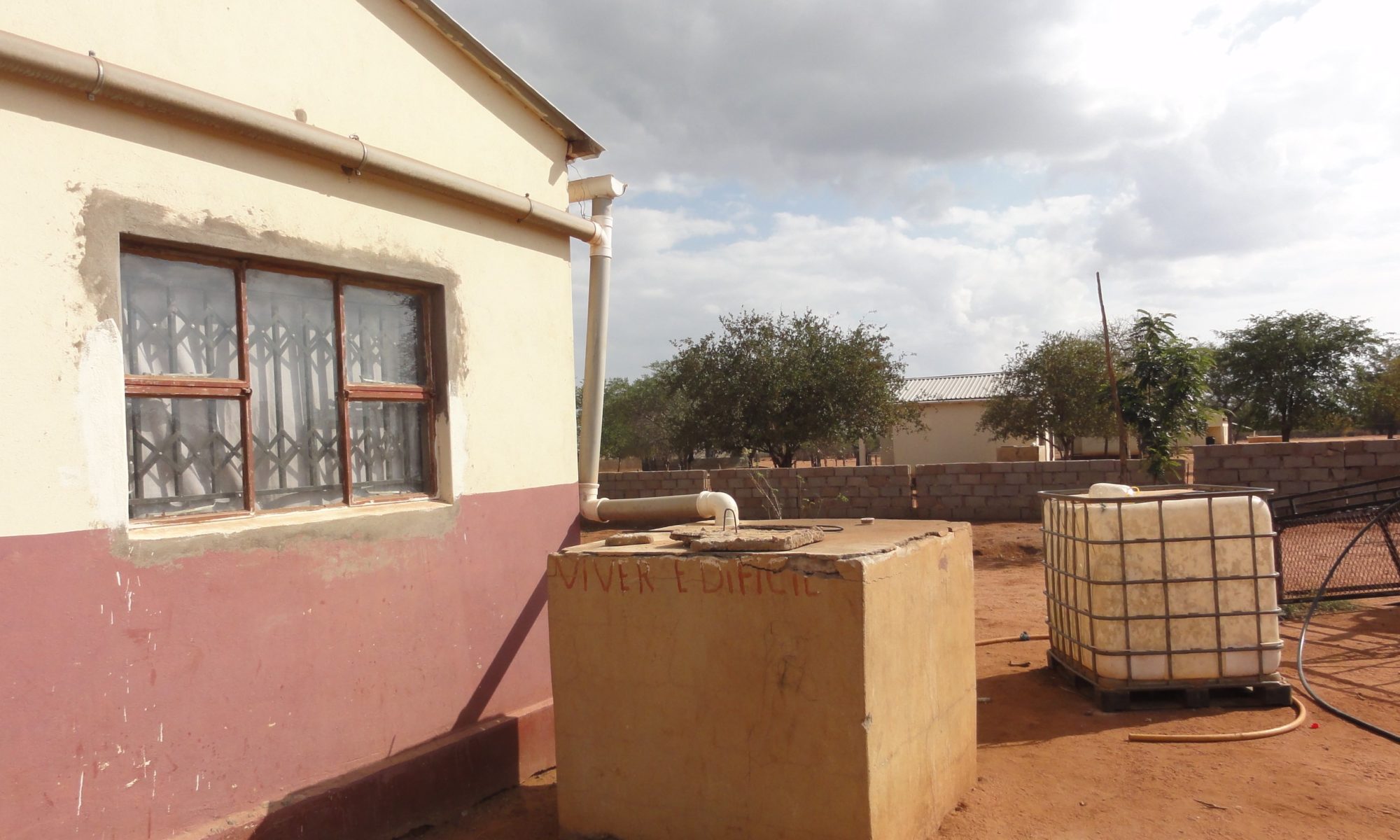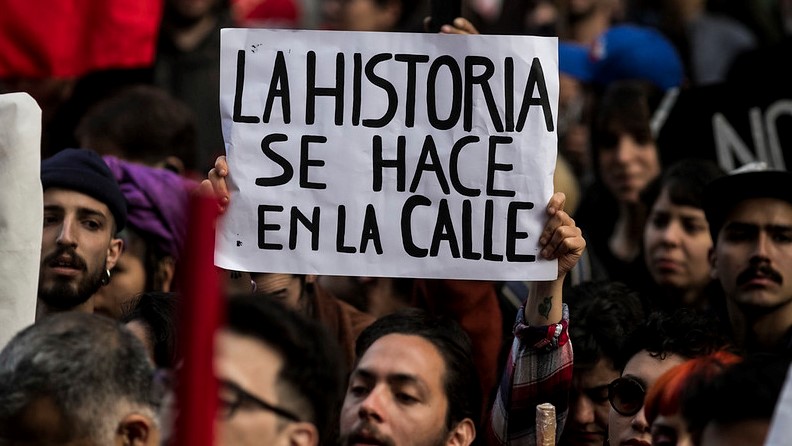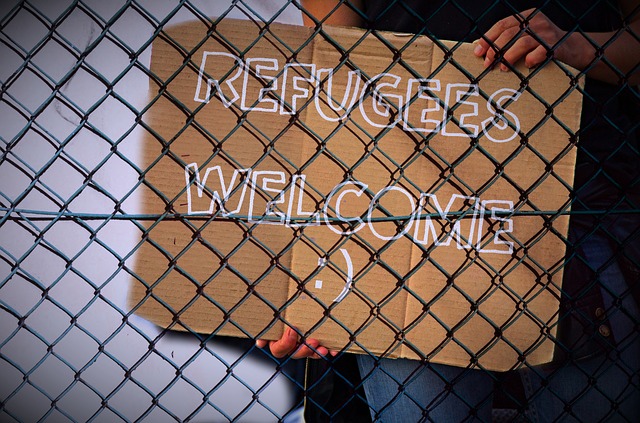By Sarah Delputte and Simon Lightfoot | EADI/ISS Blog Series
A few weeks ago, the new European Commission was established without a Commissioner for Development. Instead, Jutta Urpilainen from Finland will take up the newly named portfolio of “International Partnerships”. In the past decade, the EU’s development policy has been confronted with many different changes and challenges to the extent that one might speak of ‘the end of EU development policy’. Most often, critics in policy and scholarly circles thereby point to the far-reaching dismantling of the “traditional” development policy principles. This evolution is defined as a “change from normative exceptionalism to a more interest-driven approach to development cooperation”. Continue reading “Three ways of looking at the EU’s Development Policy”

